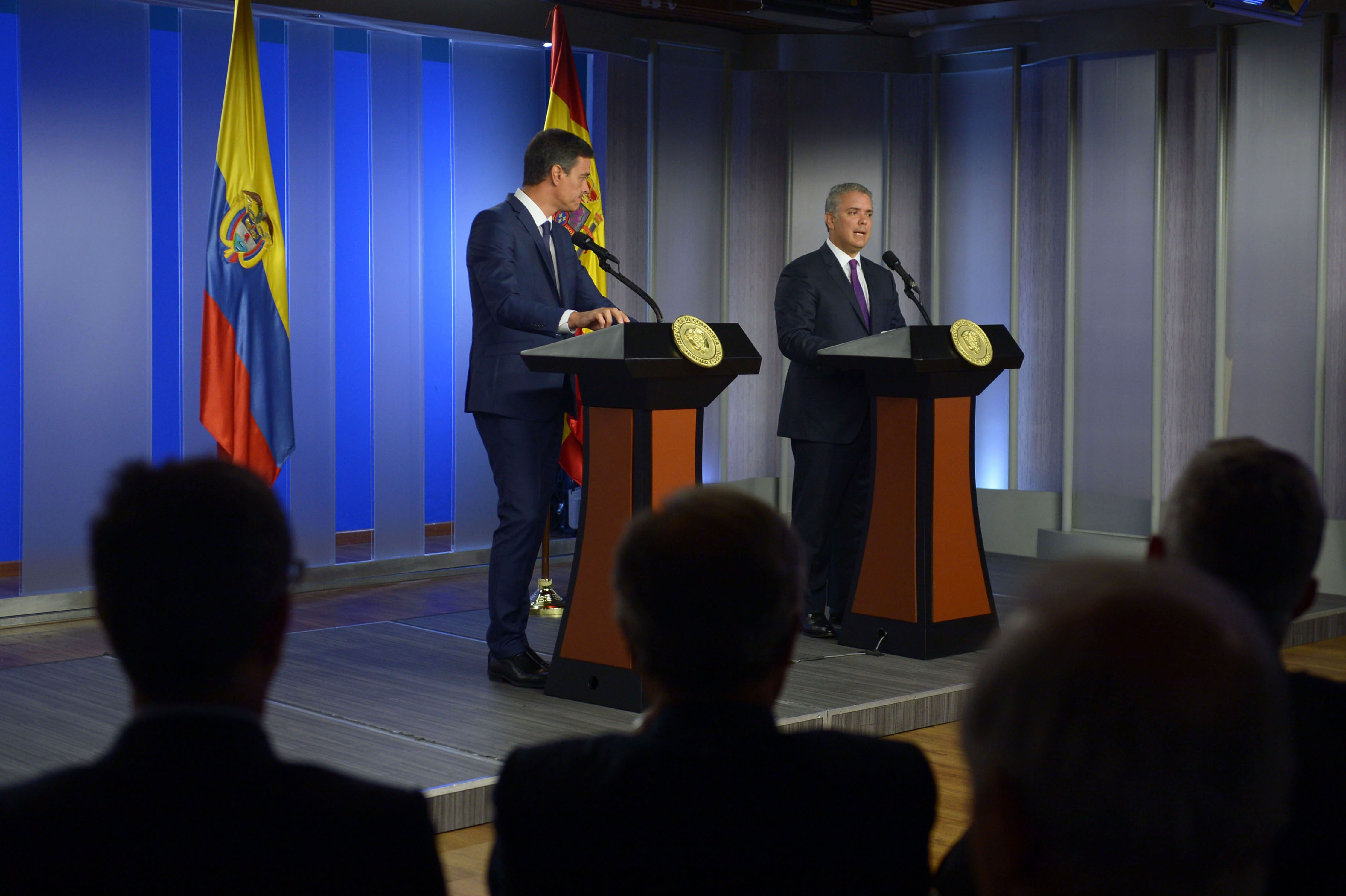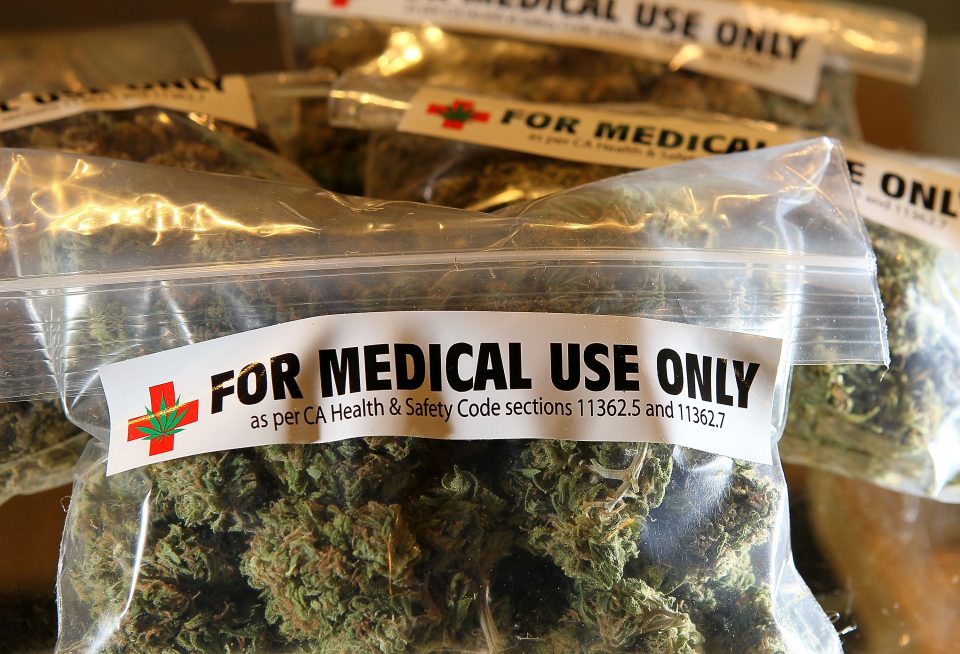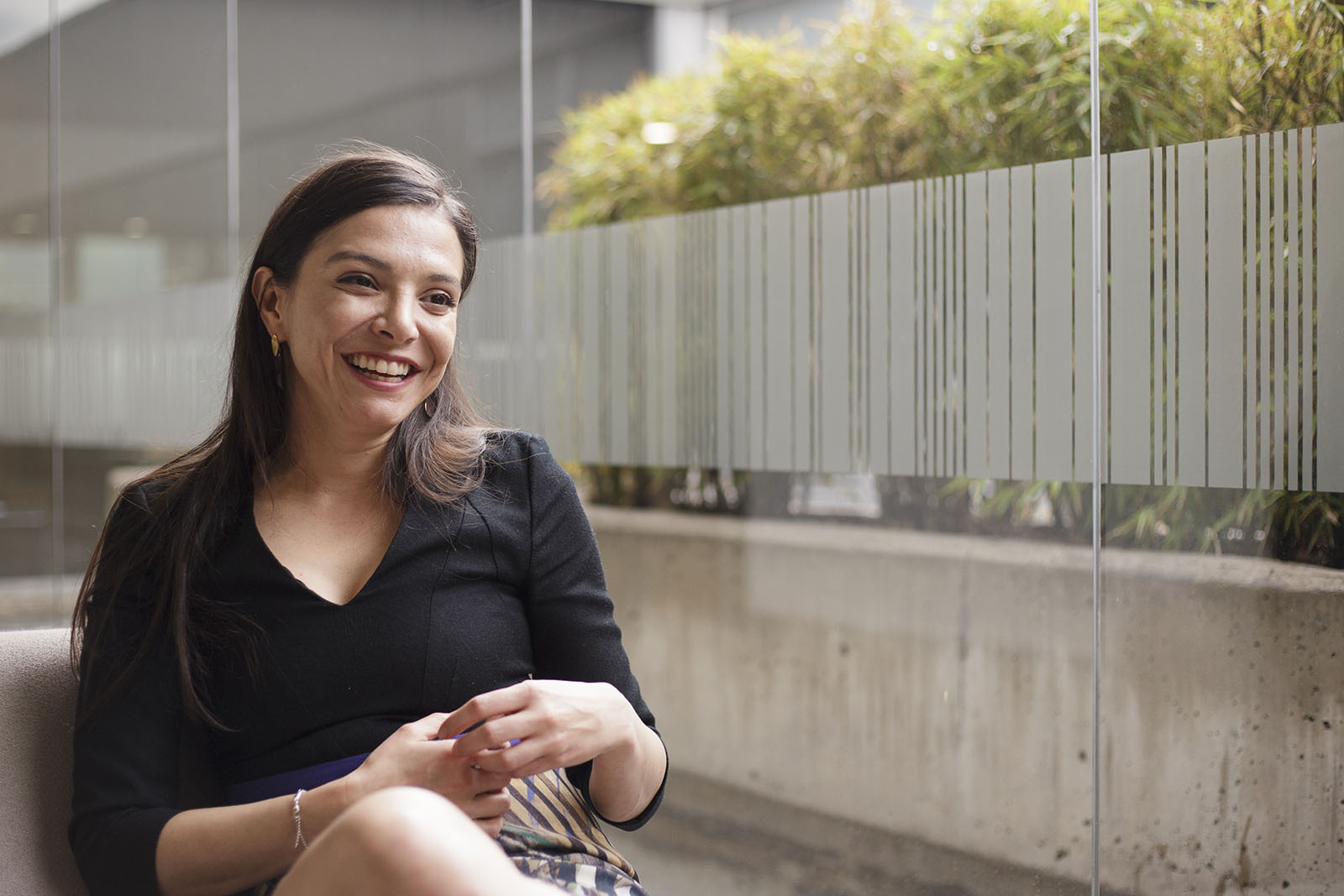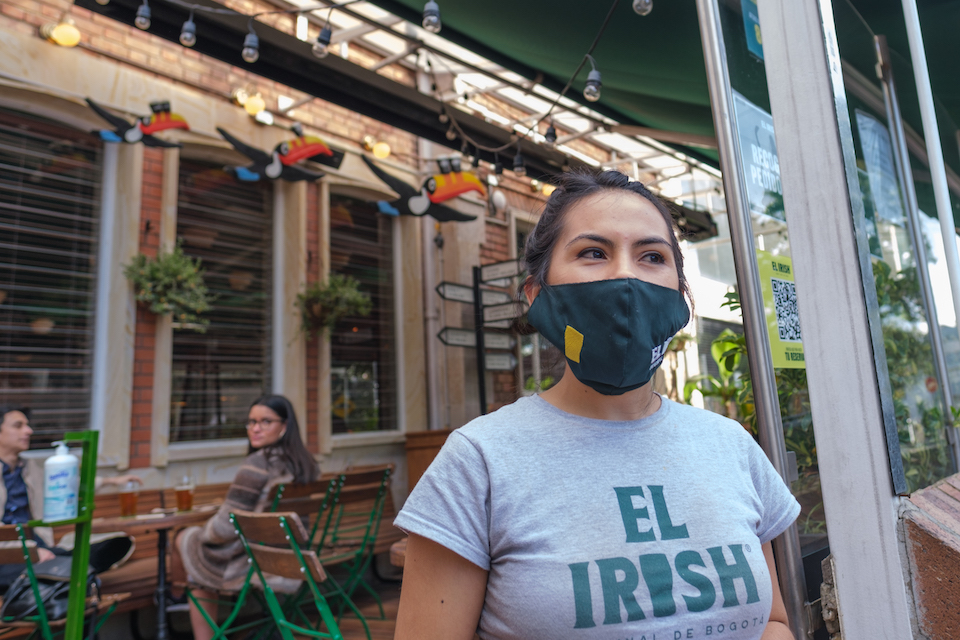Millions of Colombians are struggling to put food on the table and keep roofs over their heads. Government aid initiatives are reaching some – but not all – of those in need.
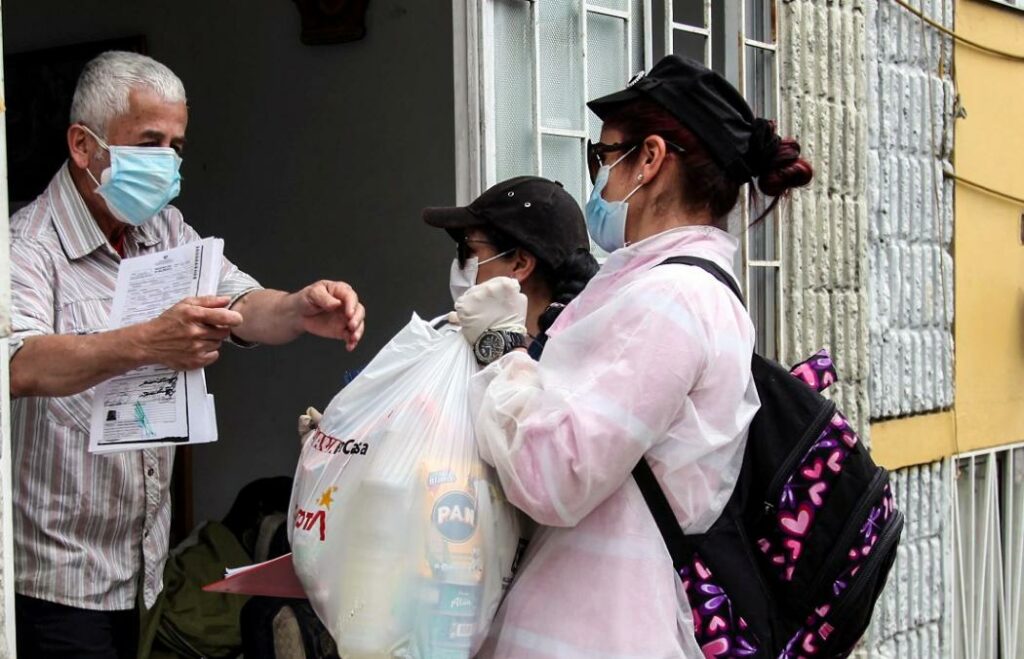
It has been almost three months since the Colombian government declared a national lockdown in an attempt to curb the spread of COVID-19. Some white-collar workers were able to transition into remote work, but much of the population suddenly found itself with no source of income.
Restaurants, bars and tourism have been hardest hit, but for workers, it is the informal sector — from street vendors to domestic workers and anyone without a contract — who have suffered most. Not to mention the homeless, displaced and migrant communities.
Unemployment, which has skyrocketed since the lockdown, has reached 23% in Colombia’s 13 major metropolitan areas. There are programs in place and the government has promised help in terms of food, money, and tax rebates, but it seems that the aid is not reaching the 30 million Colombians nationwide who are considered economically vulnerable.
Ingreso Solidario
Like many countries, Colombia has set up a system of subsidies for those who are worst off. However – and perhaps unsurprisingly given the scale of the problem – distributing aid has not been straightforward.
Announced in April, the Ingreso Solidario aims to give over 3 million families three payments of COP$160,000, a total of COP$480,000 per family. The idea is to reach people who are not covered by existing programs such as Familias en Acción, Protección Social al Adulto Mayor, and Jóvenes en Acción.
The first payment was announced and released in mid-April, the second on May 21, and the third will be made available in mid-June. To date, over 2.4 million families have benefitted. The government cross-referenced databases from various ministries, including the Sisben (Colombia’s public healthcare system), the Health Ministry, the Housing Ministry, and the Ministry of Labour to identify families who live in extreme poverty.
There have been a host of database anomalies, from mismatched names and ID numbers to benefits for people who are dead or nonexistent. Another challenge has been ensuring people who may not have access to the internet and may not have bank accounts can claim their cash. None of the people we interviewed had received the benefits.
Given the lockdown will soon enter its third month, COP$480,000 is a little over half the monthly minimum salary of COP$877,803 and comes to about COP$5,000 per day.
Are people receiving the help they need?
Fredy Laguna Urquijo, a bus driver in Soacha, lost his job in February just before the pandemic hit. Then, as lockdown began, his situation worsened. In nearly three months, Laguna says he and his wife have only received two small forms of official aid. First, the city of Soacha gave the family one payment of COP$50,000 in early April. A few weeks later, the city’s relief initiative, Ayudas Soacha, granted them one grocery bundle. They have not received any other aid since.
According to Laguna, the city of Soacha recently launched an additional food relief program that involves the distribution of groceries via neighbourhood councils. He shared the local rumours that the president of the neighbourhood council has only given the groceries to those in his inner circle. This has left Laguna with no additional relief, scrambling for alternatives as he may have to move out of his home now that he can no longer pay rent.
“Truly, the help the government is offering… the President says that this week we’re going to hand out vouchers of this much or that much…but in the end, we don’t see those vouchers anywhere,” Laguna said.
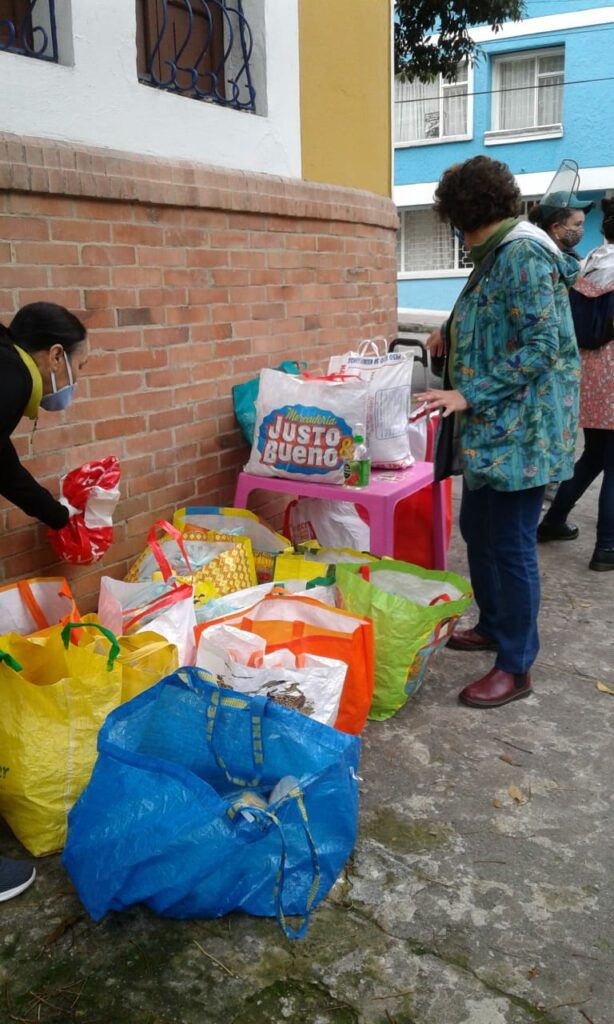
Confusion around registration and eligibility abound, though the government has tried to curb it. There’s additional information online and detailed descriptions of how families can access the funds, plus alternative payment systems such as Movii, Daviplata or Nequi for those who do not have bank accounts.
Another Soacha resident Mario Abril Cruz, an independent construction worker who has slowly been able to return to work, had a similar story to tell.
“I’m not sure what the requirements for the Ingreso Solidario are but I think most people would say that some really needy people have not received this kind of aid. And on the other hand, some people with a higher quality of life have received some kind of aid. I have the sense that the government’s databases are outdated,” Abril said.
There are other programmes in place, including expanding Familias en Acción which offers support to families with children under the age of seven and departmental and city programmes like Bogotá Solidaria en Casa and Ayudas Soacha. The government has set up IVA or VAT refunds and postponed the deadline for income tax filing through December in an effort to offer businesses some temporary relief.
In an effort to reduce layoffs, the government will subsidise workers’ salaries with 40% of the national minimum wage if the company they work for has lost at least 20% of its business since the lockdown. As of May 25, about 663,000 people have registered for emergency unemployment benefits.
Is there more aid on the way?
After the sanitary emergency was extended through the end of August, a group of senators proposed a much wider initiative that would expand the reach and impact of the Ingreso Solidario programme. The proposed Renta Básica de Emergencia, or Emergency Basic Income would give over 9 million Colombians three monthly minimum wage payments.
The proposal would benefit households outside of the formal economy, including those who operate micro-businesses or identify as independent workers. And unlike Ingreso Solidario, it does not exclude those who are already receiving other government aid.
The estimated cost of the fund would come to COP$20 trillion, or 2% of GDP, which opponents argue is too costly, especially in light of the economic hit that the country has taken during the pandemic.
The legislation is currently in a third committee in the Senate and the whole process could be put on pause due to the scheduled closing of the congressional session. Semana opined that though the measure is unlikely to pass, it has been successful in sparking an important conversation in the national fight against poverty.
In the meantime, Abril and Laguna are hopeful that the situation will eventually improve. And many other vulnerable Colombian families who count on their daily earnings to make ends meet will need to rely on a hotchpotch of national, local and NGO assistance.


